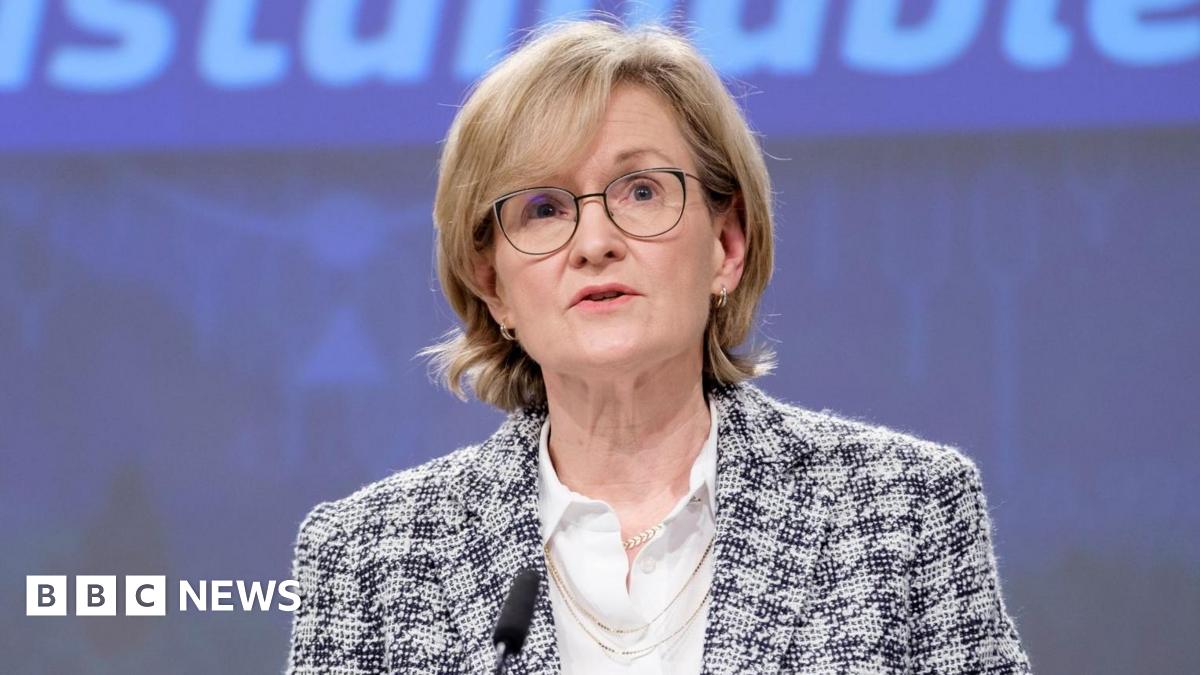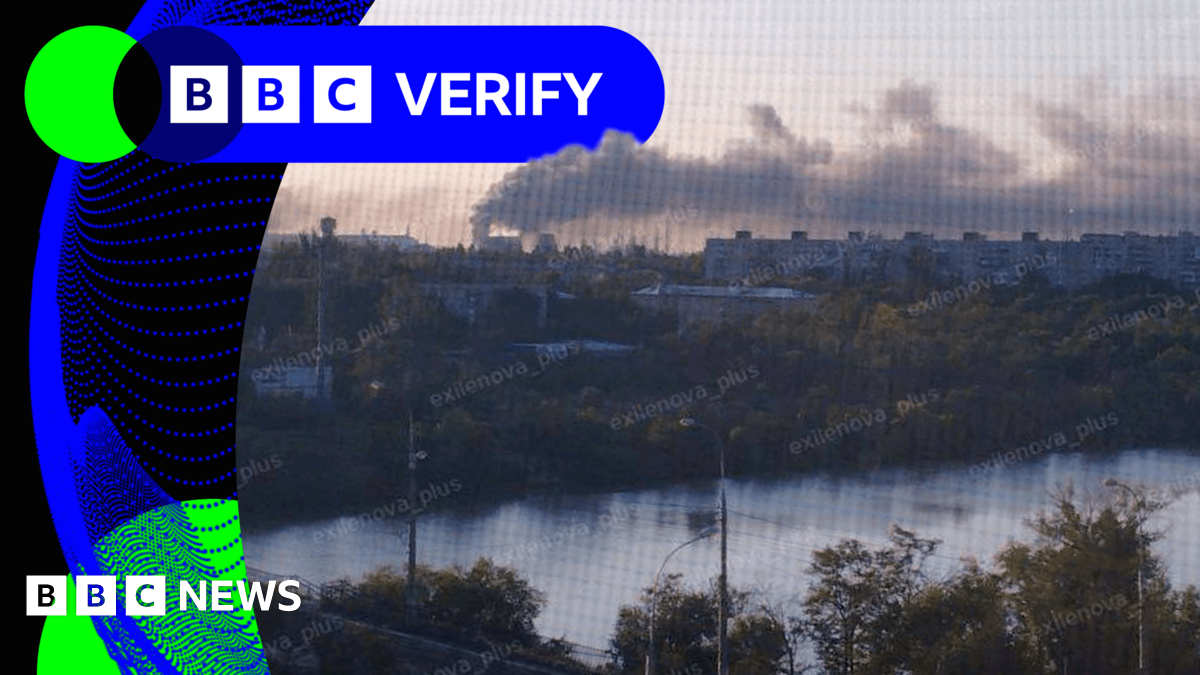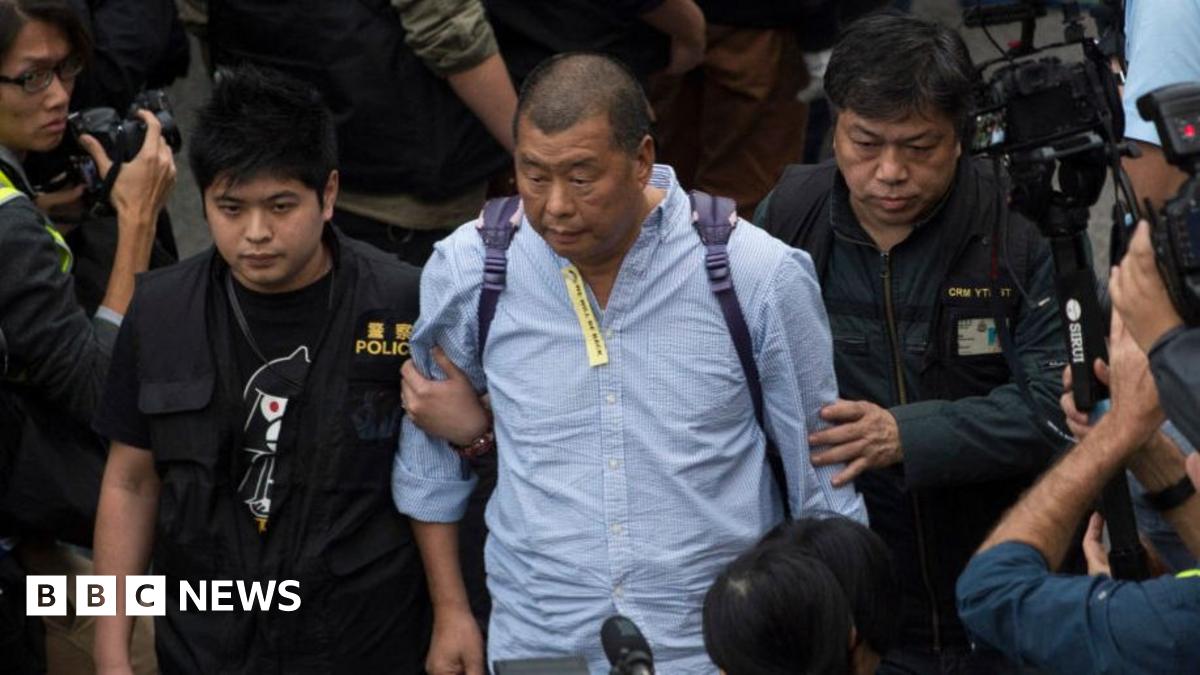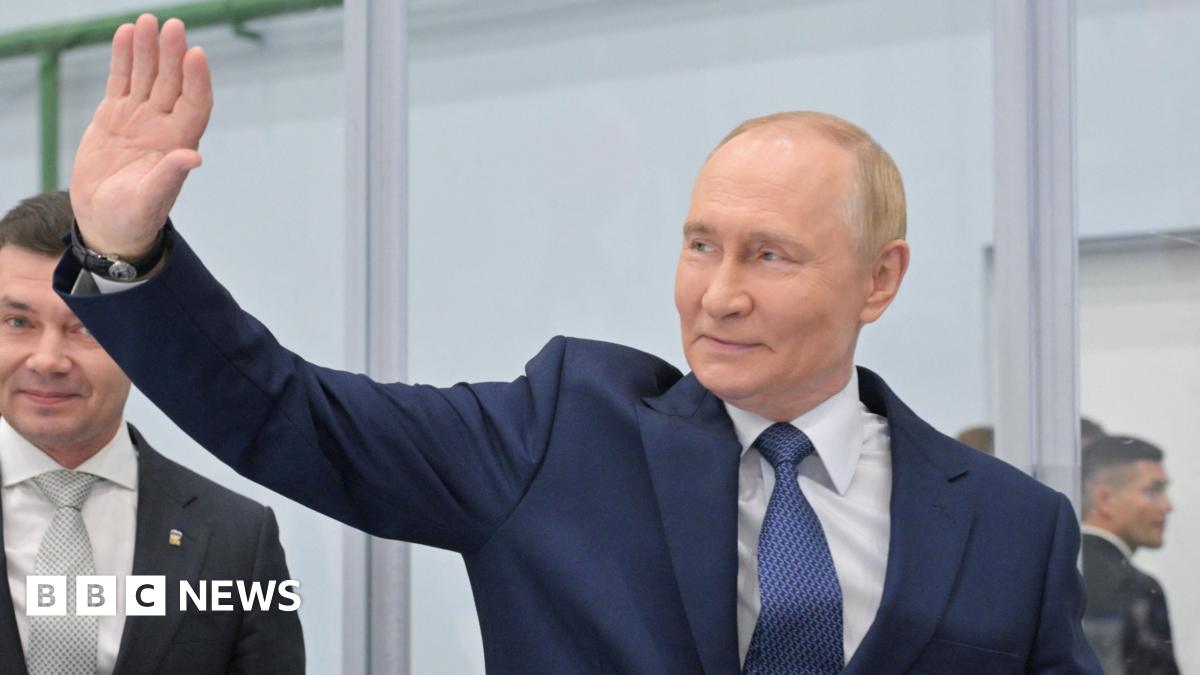Bolivia's Pivotal Election: Can the Right Wing Break Decades of Dominance?

Bolivia stands at a crossroads as it prepares for a pivotal general election. For decades, the nation has been largely governed by left-leaning parties, but the right-wing opposition is sensing a historic opportunity to finally break that trend. This election promises to be one of the most closely watched in recent Bolivian history, with significant implications for the country's economic and social policies.
A Shift in the Political Landscape
The current political climate in Bolivia is markedly different from previous elections. Economic challenges, including rising inflation and unemployment, have fueled discontent among some segments of the population. This has created an opening for the right-wing opposition, which is campaigning on a platform of economic reform and greater private sector involvement. While the left has traditionally enjoyed strong support from indigenous communities and labor unions, there are signs of erosion in that base as concerns over the economy grow.
Key Candidates and Their Platforms
The election features a diverse range of candidates, each with their own vision for Bolivia's future. The ruling party’s candidate is expected to focus on maintaining social programs and continuing the legacy of previous left-wing governments. The main right-wing contender, however, is emphasizing fiscal responsibility, attracting foreign investment, and creating jobs through market-driven initiatives. Independent candidates are also vying for votes, appealing to specific demographics and advocating for alternative solutions to the country's challenges.
The Stakes are High
The outcome of this election will have far-reaching consequences for Bolivia. A victory for the right wing could signal a significant shift in the country's economic model, potentially leading to privatization of state-owned enterprises and a reduction in social spending. Conversely, a continuation of left-wing rule would likely mean maintaining existing social programs and a focus on state-led development. Beyond economics, the election also has implications for Bolivia’s relationship with neighboring countries and international organizations.
Challenges and Concerns
The election process has not been without its challenges. Concerns about electoral integrity have been raised by some observers, although the electoral authorities insist that safeguards are in place to ensure a fair and transparent vote. Polarization within Bolivian society is also a significant factor, with supporters of different candidates often holding deeply entrenched views. The ability of the next government to bridge these divides and govern effectively will be crucial for the country's stability and progress.
Looking Ahead
As Bolivia heads to the polls, the world is watching closely. The election represents a pivotal moment for the nation, with the potential to reshape its political, economic, and social trajectory for years to come. The coming days will determine whether the right wing can finally achieve a long-sought victory, or whether the left will continue to hold sway in this strategically important South American country.






